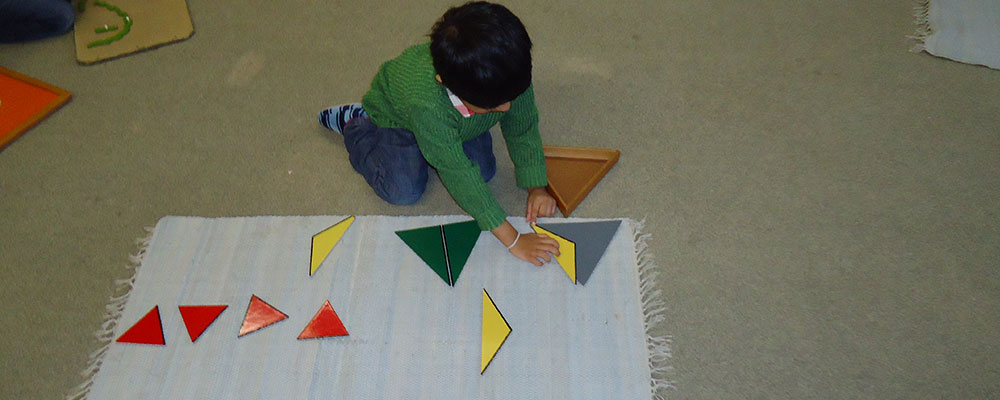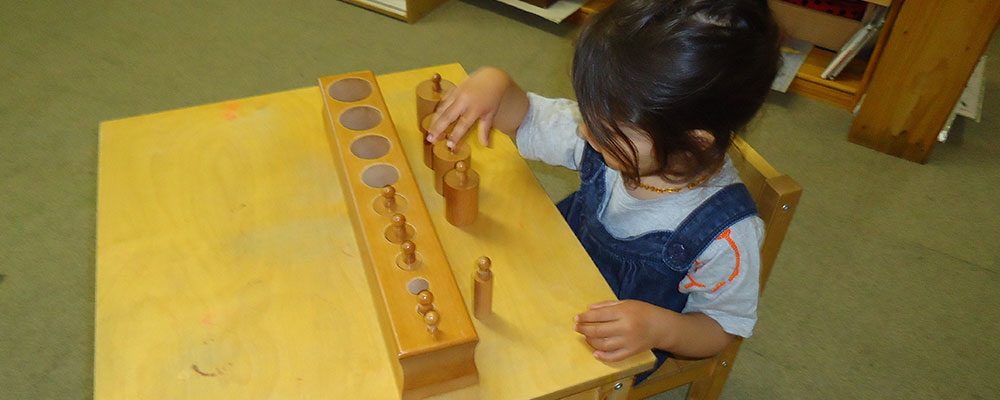Montessori education, tried, tested and working
Dr. Maria Montessori opened her first ‘Casa de Bambini’ (House of Children) in 1907, in Rome. Today 110 years later, the Montessori education has touched every corner of the world and helped millions of children successfully, on their journey into adulthood. Her philosophy in education is accepted universally, where children become responsible citizens of the world.
The Windsor Montessori House of Children in Old Windsor and The Windsor Montessori School in the Home Park, Windsor, which was the the first Montessori school in Berkshire, started in 1980 by Menik Ellawala, were both started to foster a love of learning and to educate children to be caring, socially responsible citizens of their community and the world.
These are the human values Dr Montessori spoke, in her peace programme in educating children over a century ago. Today, these are the values known as British values embedded in the Early Years Foundation Stage curriculum, endorsed by the Department of Education.
The philosophy of the WMS and the WMHC, is based on the principles of Dr. Maria Montessori, whose holistic vision of education focuses on the cognitive, social, emotional and physical needs of the child.
- Our education is a preparation for life
The UK’s education system is struggling to find ways to achieve even the basic levels of reading, writing and maths among our children. But the Montessori approach offers a tried and tested solution that is working in nursery schools and primary schools both here and across the globe. Why; because Montessori approach is driven by the developmental needs of the children, rather than the ever-changing educational policies of government.
At the Windsor Montessori House of Children we follow the tenets of Dr Montessori by offering a truly child-centred, multi-sensory environment. The curriculum and the teacher’s role are all carefully designed to honour self-paced growth, encouraging group awareness and social cooperation.
It allows children to discover things individually using all five senses and through understanding, rather than being told. From understanding comes confidence and a joy in learning.





